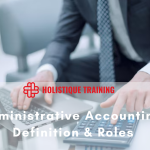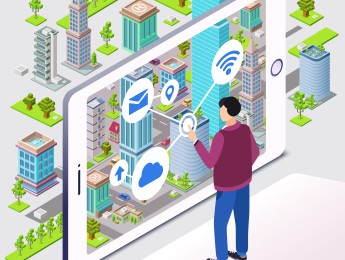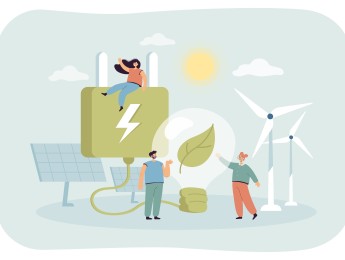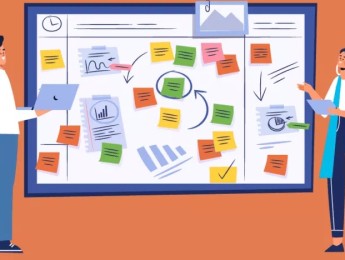The rapidly changing climate and environment have recently given rise to many more renewable energy sources. These are cleaner energy sources that have fewer negative environmental effects than traditional forms of energy. Traditional energy sources such as coal, nuclear energy, or energy gained from non-renewable power plants are becoming a thing of the past.
In today’s society, we’re using more energy than ever to power technology which is essential for keeping businesses afloat. For everyone, renewable energy is now important to preserve what we have and it’s also a great way for businesses to save money, generate a greater return on investment, and do their bit for the environment.
To make steps to change your business to renewable energy, you will learn the basics about energy technologies, processing, and energy markets. It’s important that you understand both why and how the energy market is changing to stay ahead of the game and keep your costs down.
Upon completion of this course, participants will be able to:
- Understand the differences between renewable and non-renewable energy.
- Determine how renewable energy could help to support your business.
- Take steps towards transferring your energy usage to renewable energy.
- Create a cost-benefit analysis to review the possibilities of renewable energy.
- Gain buy-in from employees, stakeholders, and clients regarding your sustainable proposal.
- Appreciate the benefits of a renewable energy business model.
- Devise a strategic framework for renewable energy transfer.
- Understand how much energy usage you could reduce through automation and using renewable sources.
- Develop a smart grid or grid integration plan and forecast change elements.
- Understand the components required for wind or solar energy.
This course has been created for anyone who wishes to understand the future of energy and how it can affect their business or anyone responsible for converting their business to renewable energy usage. It would be most beneficial for:
- Technicians
- Electrical Engineers
- Business Owners
- Operations Managers
- Project Managers
- Power generation Engineers
- Transmission Engineers
Day 5 of each course is reserved for a Q&A session, which may occur off-site. For 10-day courses, this also applies to day 10
Section 1: Global Energy Problems & Solutions
- Why use renewable energy?
- The generation of renewable energy.
- The effects of traditional energy sources on the planet.
- Using a large, small or microgrid.
- Your role in energy changes.
- The megawatt era.
Section 2: Types of Renewable Energy & Their Characteristics
- The types of energy available to you.
- The benefits of solar power.
- The benefits of wind power.
- Generate sustainable premises.
- Discover the best energy solution for your premises.
- Economic analysis for renewable energy (EARA).
Section 3: The Construction of Renewable Energy
- Installing solar panels on your buildings.
- How does solar energy save on energy bills?
- Photovoltaic cells and their placement.
- Rooftop photovoltaic cells vs. ground-based cells.
- Inverters and smart meters for monitored energy.
- Operation of solar panels and their issues.
- Troubleshooting.
Section 4: Tidal & Hybrid Renewable Energy Resources
- Constructing wind turbines, placement, and resources.
- The characteristics of biomass energy.
- Understanding tidal wave energy and its benefits.
- Renewable energy on a larger scale.
- Combining wind and tidal energy to give a hybrid performance.
Section 5: Energy Storage Systems & Distribution
- Energy storage systems.
- Large battery storage.
- Overhead power distribution.
- Underground power distribution.
- Overseas distribution of power.
- The AC power distribution example.
- Electrification trends and implications.
Section 6: Plans for Your Future
- Which type of renewable energy will suit you best?
- Select your energy design.
- Energy storage and sharing.
- Generating your own energy and more.
- Selling back your excess to a power grid.
- Cost-saving and profit-making using renewable energy.
Upon successful completion of this training course, delegates will be awarded a Holistique Training Certificate of Completion. For those who attend and complete the online training course, a Holistique Training e-Certificate will be provided.
Holistique Training Certificates are accredited by the British Assessment Council (BAC) and The CPD Certification Service (CPD), and are certified under ISO 9001, ISO 21001, and ISO 29993 standards.
CPD credits for this course are granted by our Certificates and will be reflected on the Holistique Training Certificate of Completion. In accordance with the standards of The CPD Certification Service, one CPD credit is awarded per hour of course attendance. A maximum of 50 CPD credits can be claimed for any single course we currently offer.
- Course Code IND04-104
- Course Format Classroom, Online,
- Duration 5 days














